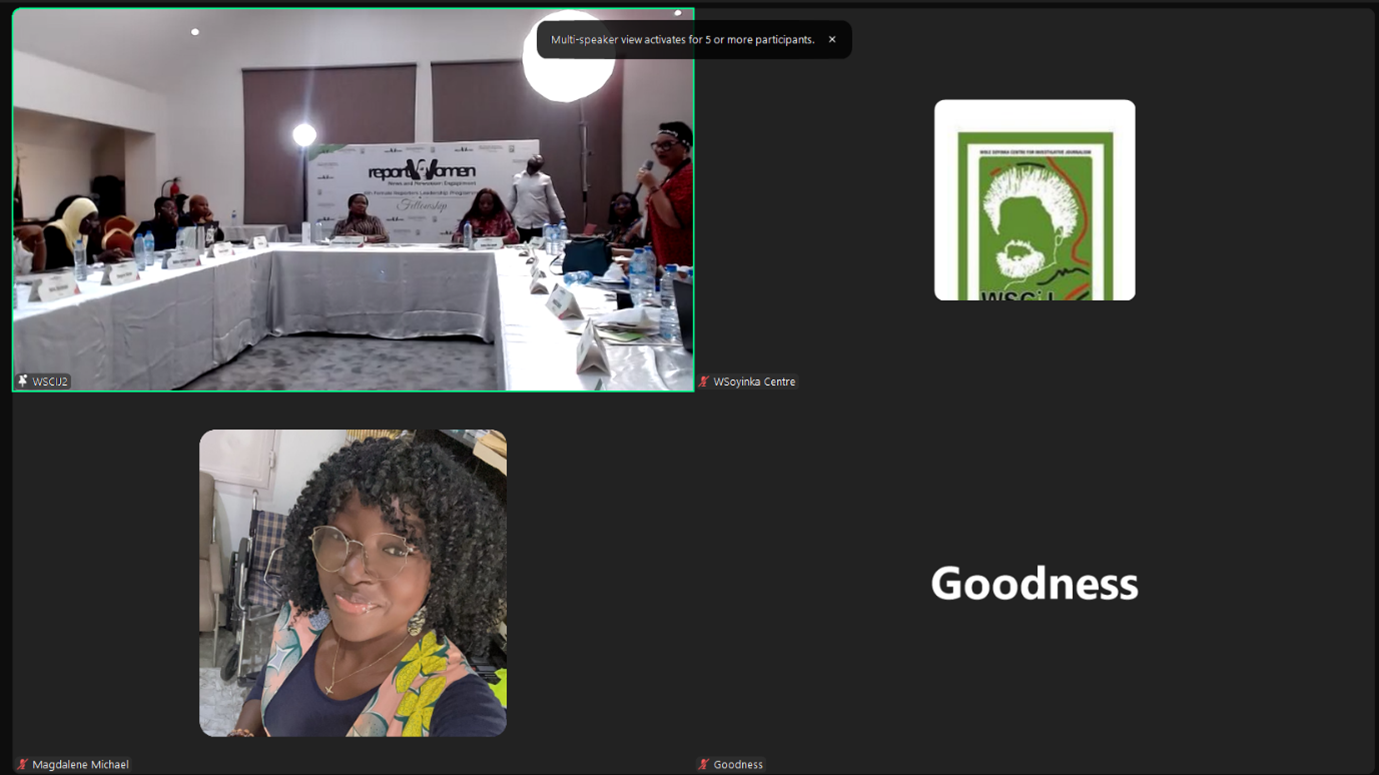With the global impact of COVID-19, journalists have a duty to communicate clear and reliable information to the general public. Media organisations must now reinvent their work practices to accommodate the changing needs that journalists require to report effectively. These simple tips will assist media owners, managers and journalists in adequately reporting the pandemic.
Safety tips for journalists reporting the Covid-19 pandemic
Safety first! Below are useful tips for journalists and media owners to stay safe:
- Journalists should take charge of their own health constantly and carry out proper assessment of what they need at the different location where they work and while on the field.
- Protective gears such as masks, gloves and safety goggles should be provided by media owner while journalists should ensure they have them handly at all times.
- The concept of Social distancing i.e at least two metres away from others must be strictly adhered to in newsrooms and on the field while reporting.
- A lot of risk and trauma comes along with reporting an issue such as this. Media owners should ensure journalists are provided with healh issurance and any other psychological support it can muster.
- Journalists should manage their mental health appropriately by getting enough sleep, eating properly and take short breaks from their computer. Reporters may also take a break physically by taking short strolls within their environment.
- Reduce commute hours between work and story location and practise self-isolation as recommended (14 days) after exposure on the field before returning to work.
Writing tips for journalists reporting the Covid-19 pandemic
Choose your story ideas: One of the key challenges’ journalists will face is choosing a good story idea. Amidst millions of story ideas, you must decide which idea will make your story stand out. You can achieve this by talking to primary sources who will be able to provide valuable insights on the happenings around you. Look for what will make your story go viral, what is trending on social media that you can write on from a different perspective. It must be factual and coincise.
Select the right sources: With so much information disseminated all around, it is important for journalists to keep above fake news especially on online. The safest, most accurate information can be gotten from the websites of key health and media institutions.
Get your reporting right: Ensure you get your reporting right by talking to a lot of people on ground, research, recheck before reporting. Choose headlines that are accurate and not the ones that can induce fear or mislead your readers.
Continuously update your data: When reporting with data, ensure you convey the limitations of your data and continuously update as the data changes.







